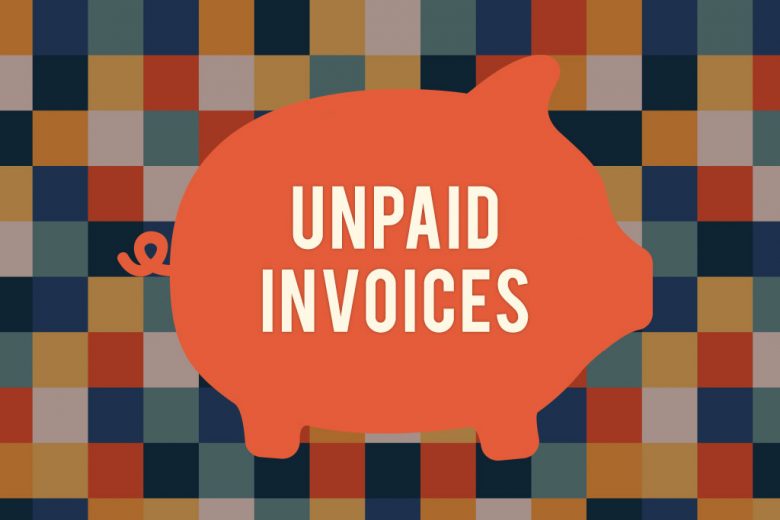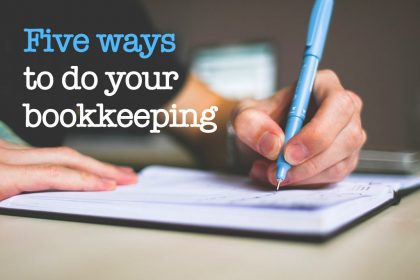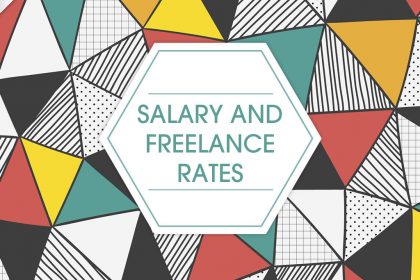What to do when a client doesn’t pay your invoice
What can you do if a freelance client or business customer doesn’t pay their bill? Learn what you can to do prevent late invoice payments, and your legal rights when people don’t pay.
In an ideal world, all your clients will pay their invoices within your payment terms. But it’s not an ideal world, and sometimes you may come across a late or non-paying client.
So what can you do when someone doesn’t pay your invoice in time? Here are some tips.
Practise good credit control habits
The first rule of handling bad payers is prevention. If you practise good credit control habits, such as setting out your payment terms, and ensuring your client has a copy of them before you start work, it makes it harder for them to renege on payment – especially if their tardiness is simply down to poor financial management on their side.
It also makes it easier for you to chase payment from them and the clients who are just wilfully missing your payment deadline.
Chase invoices politely but persistently
Once an invoice is late, start chasing. Find out the best person to speak to and email to enquire when payment is due to go out. If they don’t reply, or they miss the deadline they reply with, call them. (Always follow any call with an email to them confirming what was agreed so you have a record.)
Be persistent in your chasing, but always be polite. Rudeness isn’t going to get your invoice paid any faster, and could even lose you a client.
Go higher if you have no luck
If your invoice still isn’t any closer to getting paid, or the person you’re speaking to doesn’t have answers, don’t be afraid to go higher. Either speak to someone more senior in accounts, or return to the client who booked the job (or their boss).
Whoever you speak to, be polite but firm and ask for a date by which your payment will go out. As before, always follow up with an email confirming what has been agreed.
Give notice of court action
If you’re not getting anywhere in chasing your money, or your client consistently misses the deadlines they give you, send a polite but firm email or letter giving them seven days to pay before you initiate proceedings in the small claims court to recover your money. Your email could be worded something like this:
Dear <name>
RE: Invoice <number>
Please note that payment for invoice <number> (attached) is now <number> days/weeks late – despite my attempts to resolve the matter.
Please ensure payment for the total outstanding amount of <sum> is paid by <date>.
If you fail to make this payment I will have no choice but to add a ‘late payment’ charge of £40, plus interest (at 8.5%) which will continue to accrue while I issue County Court Proceedings, as per government regulations (The Late Payment of Commercial Debts Regulations 2013).
<sign off>
Add a late payment charge and interest
As the example email states, once an invoice has passed your payment terms (usually 30 days) you can legally add late payment interest to it. This is currently 8% plus the Bank of England base rate.
You can also make a fixed late payment charge to cover your costs of recovering the debt. This sum is:
- £40 if your debt is less than £1,000
- £70 if your debt is over £1,000 but less than £10,000
- £100 if your debt is over £10,000
(If you are adding a late payment charge and interest to an unpaid invoice you will need to send a new invoice to your client showing this.)
You don’t need to threaten court action to add these charges to your invoice – you can include them once your payment terms have been missed.
Take court action
If invoice payment still isn’t made, you can take your claim to the small claims court. You can read advice on how to make a claim to recover your money here.
Keep on top of your finances
Hopefully, this will all be a theory lesson that you’ll never need to implement! But if you are unlucky enough to work for a bad payer, you now know your rights, and will hopefully get your rightful payment without too many dramas.










